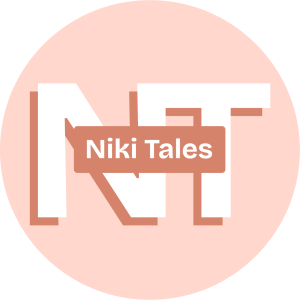One of the most influential people in AI has resigned out of concern over the increasing risks posed by the technology. In his message to the New York Times, Geoffrey Hinton, 75, resigned from Google and said he regretted his time there.
In an interview with the BBC, he warned of certain “quite scary” risks associated with AI chatbots. Though the present state indicates that humans are smarter than AI, this fact may soon change, added Dr. Hinton.
After announcing his retirement to the BBC, Dr. Hinton said, “I’m 75, so it’s time to retire.”
Dr. Hinton pioneered neural networks and deep learning, enabling AI systems like ChatGPT.
A cognitive psychologist and computer scientist of British and Canadian descent told the BBC that chatbots could soon surpass the capacity of human brains in terms of the amount of knowledge they can store.
What we’re witnessing right now is that bots like GPT-4 have far more general knowledge than human beings. It’s not quite as excellent at reasoning, but it can conduct some basic reasoning at this point. And based on the rate of growth, things will get better pretty quickly. This is a valid reason for concern, said Dr. Hinton.
Dr. Hinton warned that bad people would try to harness artificial intelligence for bad things, as reported in the New York Times piece. People with bad intentions could use these bots to create sub-goals, for example, ‘ I need to get more power’. He also said that what is being developed is far different from the existing intelligence.
Human beings are living systems and the bots are digital ones. The key distinction is that in digital systems, many instances of the same weights and world model can be maintained simultaneously. This would lead to replicas to study independently but instantly share the knowledge. It’s as if one individual could teach the entire group something and they’d all immediately pick up on it. This is how chatbots have more knowledge than a single person.
He insisted that he was not trying to be critical of Google and that the company has been “very responsible.”
“We remain committed to a responsible approach to AI,” stated Google’s head scientist Jeff Dean in a statement. “We are always expanding our knowledge of new threats while taking calculated risks in our pursuit of innovation.”
